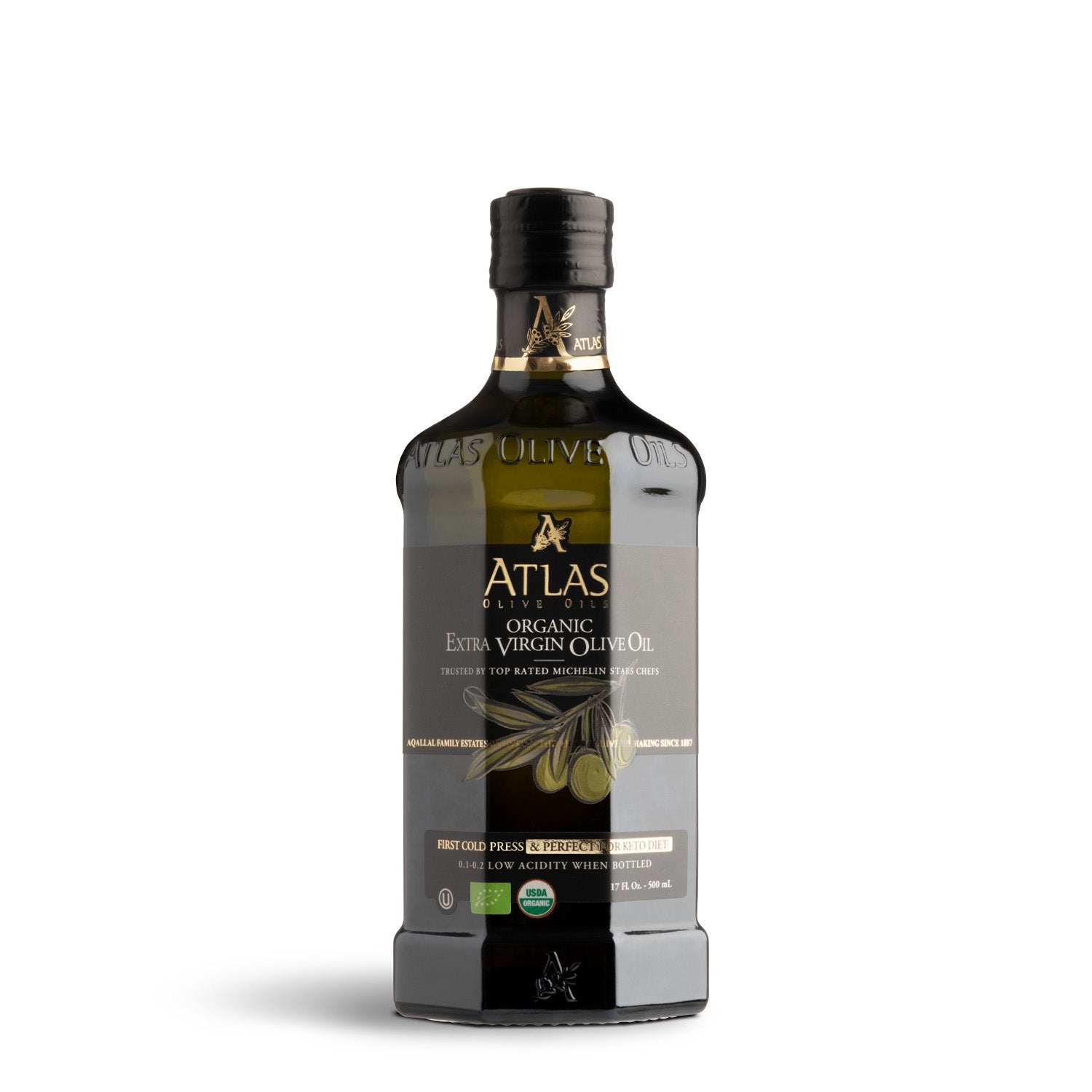Why Extra Virgin Olive Oil Benefits Are a Game-changer for Healthy Cooking
Why Extra Virgin Olive Oil Benefits Are a Game-changer for Healthy Cooking
Blog Article
Exploring the Different Sorts Of Olive Oil and Their Uses, Including Extra Virgin Olive Oil
The exploration of olive oil incorporates a varied range of types, each offering distinctive flavors and cooking applications. Bonus virgin olive oil, renowned for its superior high quality and wellness advantages, offers as a staple in many kitchen areas, yet it is only one aspect of this complex ingredient.
What Is Olive Oil?
Stemmed from the fruit of the olive tree, olive oil is a staple in Mediterranean cuisine and a vital component in different cooking applications. This functional oil is created by pushing entire olives, leading to a fluid that varies in shade, flavor, and aroma depending on the sort of olives used, the area of farming, and the extraction process. Olive oil is primarily composed of monounsaturated fats, especially oleic acid, which is understood for its prospective health benefits, including anti-inflammatory properties and cardiovascular assistance.
In enhancement to its cooking uses, olive oil has a lengthy history of application in standard medication and skincare, owing to its rich antioxidant content (extra virgin olive oil benefits). The oil is typically made use of in dressings, marinades, and for cooking methods such as sautéing and roasting. Its distinctive taste account can boost the preference of numerous dishes, making it an essential component for both home cooks and professional chefs
Additionally, olive oil is celebrated for its role in the Mediterranean diet, which is connected with numerous health benefits. As recognition of these advantages grows, olive oil continues to obtain appeal worldwide as a basic component of a healthy and balanced way of living.
Sorts Of Olive Oil
Recognizing the different kinds of olive oil is essential for both health-conscious consumers and cooking enthusiasts. Olive oil is categorized largely based on its extraction technique and quality, which considerably affects its aroma, health and wellness, and taste benefits.

Light olive oil, in spite of its name, describes a lighter flavor and not reduced calories. It is excellent for those looking for a much more subtle taste in dressings and sauces. Furthermore, there are flavored olive oils instilled with herbs, spices, or citrus, which can enhance recipes without the requirement for additional flavoring.
Each sort of olive oil serves details cooking functions, and understanding these distinctions allows customers to make educated selections that line up with their cooking styles and wellness goals.
Extra Virgin Olive Oil
Additional virgin olive oil (EVOO) is widely pertained to as the finest olive oil available, well known for its abundant flavor and various health benefits. To be identified as added virgin, the oil has to be produced from fresh olives making use of mechanical processes, without the usage of solvents or excessive heat. This thorough method maintains the oil's natural tastes, antioxidants, and healthy and balanced fats, causing a product with a reduced acidity level of much less index than 0.8%.
EVOO is official source abundant in monounsaturated fats, especially oleic acid, which is connected to decreased swelling and improved heart health and wellness. It additionally contains polyphenols, powerful anti-oxidants that might provide safety effects against chronic conditions. The taste profile of EVOO can vary substantially depending upon the olive selection and region of production, ranging from fruity and verdant to durable and sharp.

Culinary Use Olive Oil

In cooking, olive oil can be used for sautéing, roasting, and grilling, providing a healthier alternative to butter or various other fats. Its high smoke factor makes it appropriate for numerous cooking approaches, while its anti-oxidants contribute to a heart-healthy diet. Drizzling olive oil over ended up recipes, such as pasta, fish, or barbequed vegetables, can elevate flavors and add a touch of style.
Furthermore, olive oil plays a significant role in cooking, where it can replace traditional fats in recipes for bread and breads, presenting wetness and a subtle preference. It likewise acts as a base for instilled oils, permitting cooks to try out tastes such as garlic, natural herbs, or chili, even more expanding its cooking capacity. Overall, olive oil's versatility makes it vital in both home and expert kitchens.
Finding High Quality Olive Oil
When picking high quality olive oil, it's necessary to take into consideration several key elements that affect the product's health, scent, and taste benefits. Decide for extra virgin olive oil (EVOO), which is obtained from the initial cold pressing of olives and consists of the highest levels of anti-oxidants and helpful compounds. Search Discover More for oils that are accredited by identified organizations, as this typically makes certain adherence to stringent high quality criteria.
The packaging likewise plays a considerable duty in protecting the oil's stability. Pick oils saved in dark glass bottles or tins to secure versus light deterioration. Take notice of the harvest date; fresher oils provide premium taste and dietary worth, so pick products that are within 18 months of their harvest.
Be conscious of the taste; an excellent high quality olive oil must have a balance of fruity, bitter, and peppery notes, showing its splendor and complexity. By assessing these variables, you can guarantee you are picking the best olive oil for your culinary requirements.
Final Thought
In summary, the expedition of various kinds of olive oil discloses distinct qualities and applications, with added virgin olive oil representing the pinnacle of top quality because of its reduced acidity and high antioxidant material. Its flexibility in culinary usages improves flavors in dressings, marinates, and sprinkles. Comprehending the various varieties of olive oil enables informed choices in food preparation methods, promoting much healthier techniques while enriching the general gastronomic experience. Quality selection remains essential for ideal advantages.
Obtained from the fruit of the olive tree, olive oil is a staple in Mediterranean food and a crucial active ingredient in numerous cooking applications.The most usual types of olive oil consist of fine-tuned olive oil, pure olive oil, and light olive oil.Bonus virgin olive oil (EVOO) is widely concerned as the greatest quality olive oil available, well known for its abundant taste and various wellness advantages. Decide for added virgin olive oil (EVOO), which is acquired from the very first cool pushing of olives and has the highest degrees of antioxidants and beneficial substances.In summary, the exploration of numerous types of olive oil exposes distinct features and applications, with additional virgin olive oil representing the pinnacle of quality due to its reduced acidity and high antioxidant content.
Report this page